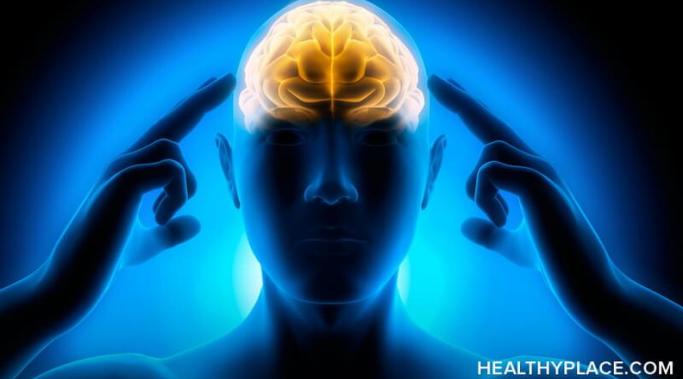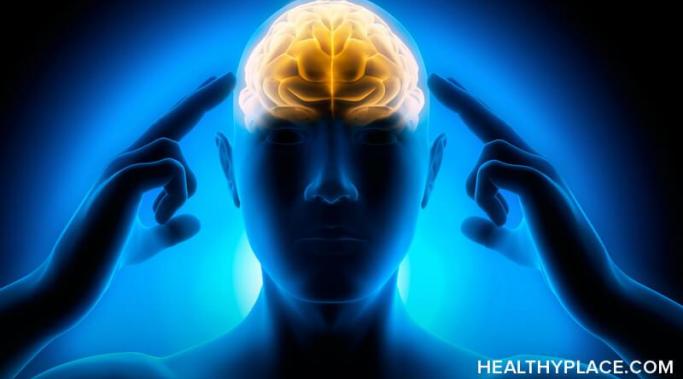Radical acceptance is a term often taught in dialectical behavior therapy. It pulls from Buddhist principles and is the act of fully accepting reality just as it is. I have found that many of the DBT principles are simple in theory but difficult to implement. Radical acceptance is no exception, but there are many benefits of radically accepting things you cannot change.
Self-improvement - Living a Blissful Life
One way to improve your emotional health is to learn how to stay in your window of tolerance. Imagine your mind like a picture window where the view outside represents all the emotions and situations you can handle skillfully. If you have a large picture window in your mind, there is a wide range of stressors you can effectively manage. If your window is very small, it's pretty easy to fall into overwhelm or complete shutdown. This is why understanding and expanding your window of tolerance can significantly improve your emotional health.
I recently read a book on being more effective in which the author discusses the utility of daily visualization. Daily visualization might make us think of guided visualizations or meditation, but this particular method is distinct from that.
Beginning a mindfulness practice doesn't have to be difficult. We often hear mindfulness and meditation used together, but they are not the same thing. Meditation is one form of mindfulness, but there are many others. Mindfulness practice helps us regulate our emotions, make wise decisions, and promote good mental and physical health. Let's explore all the reasons you should begin a mindfulness practice.
We often practice receiving constructive criticism appropriately, but many people don’t learn how to give feedback to others. Feedback makes our romantic and working relationships stronger, so giving that constructive criticism can truly change our lives for the better.
Can we rewire our brains to think more positively and reduce self-criticism? There is fascinating research out there that says yes. You may have heard of neuroplasticity, which is the brain's amazing ability to create new neural connections that change the way it functions. For those who struggle with anxiety, depression, or low self-worth, we can harness the power of neuroplasticity to rewire our brain.
Are you new to meditation? If so, perhaps you’re looking for meditation tips because you can’t find a good jumping-off point. As meditation’s slowly lost the stigma as an "out-there" practice for hippies and religious devotees, meditation's benefits have been studied and touted as important for mental health self-care. Perhaps you’ve become aware of these benefits of meditation, but feel frustrated after trying it a few times. These three meditation tips will help get you off to a great start.
Eye movement desensitization and reprocessing (EMDR) is a therapy technique initially developed to treat trauma. There's been a lot of research conducted on this treatment modality over the last several decades. In addition to effectively resolving traumatic experiences, eye movement desensitization and reprocessing has shown to be useful in helping people overcome addictions, change negative core beliefs, and reduce emotional distress. But what exactly is EMDR?
Most people have hobbies they conditionally participate in, but striving toward full participation in a new hobby can provide a different sense of fulfillment. For many of us, our hobbies have just ‘ended up’ in our lives. We experience them as routine, no longer providing joy. This is potentially because we no longer fully participate.
It is difficult to avoid burnout because it's difficult to know if our stress levels are typical or problematic. The emphasis on success and achievement in our culture encourages us to push to our breaking points in the name of productivity. If you value your mental health as much as I do, you might struggle with the conflict between meeting expectations at work and maintaining a healthy personal life. I've found there are ways I can avoid burnout with good self-care practices.









